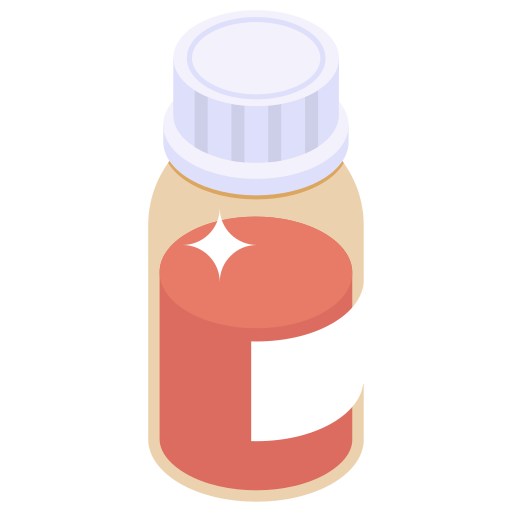
Dextromethorphan + Phenylephrine + Triprolidine
(20 mg+10 mg+2.5 mg)/5 ml
Incepta Pharmaceuticals Ltd.
Product Details
Description
Take with or without food. Take with food if it causes an upset stomach. Measure liquid doses carefully. Use the measuring device that comes with this medicine.
Taking certain MAO inhibitors with this medication may cause a serious (possibly fatal) drug interaction. Avoid taking isocarboxazid, methylene blue, moclobemide, phenelzine, procarbazine, rasagiline, selegiline, or tranylcypromine during treatment with this medication. Most MAO inhibitors should also not be taken for two weeks before treatment with this medication. Caution should be excercised while taking this drug with antihistamines applied to the skin (such as diphenhydramine cream, ointment, spray), antispasmodics (e.g. atropine, belladonna alkaloids), beta blockers (e.g. metoprolol, atenolol), drugs for Parkinson’s disease (e.g. anticholinergics such as benztropine, trihexyphenidyl), guanethidine, certain inhaled anesthetics (e.g. halothane), methyldopa, reserpine, scopolamine, tricyclic antidepressants (e.g. amitriptyline, desipramine), anti seizure drugs (e.g. carbamazepine), medicine for sleep or anxiety (e.g. alprazolam, diazepam, zolpidem), muscle relaxants, narcotic pain relievers (e.g. codeine), psychiatric medicines (e.g. chlorpromazine, risperidone, amitriptyline, trazodone).
It should be avoided in patients with liver disease or asthmatic patients and is contraindicated in patients taking monoamine oxidase inhibitors or within 2 weeks from stopping such treatment, known hypersensitivity to phenylephrine hydrochloride, dextromethorphan hydrobromide and during acute attacks of asthma. It is contraindicated in patients with severe hypertension or severe coronary artery disease.
It may cause drowsiness, dottiness and constipation. Other side effects that may occur include GIT discomfort. No apparent evidence of physical dependence of the morphine type. Other less common side effects may include transient hypertension, dry mouth, restlessness, palpitations, allergic reactions such as rashes, tightness of chest, thickening of bronchial secretions, toxic psychosis and blood dyscrasia.
As with any other drugs, use in pregnancy and lactation is best avoided.
This preparation may cause drowsiness. If affected, do not drive motor vehicle or operate machinery. Avoid alcoholic drink while on this medication. Use with caution in patients with epilepsy, prostatic hypertrophy, glaucoma, hepatic disease, hypertension, heart disease, diabetes, hyperthyroidism, patients with stenosing peptic ulcer, pyloro-duodenal obstruction or bladder neck obstruction, unless under the medical advice and supervision. If symptoms do not improve within one week or accompanied with high fever, consult a physician before continuing use.
In cases of over dosage, hospital admission is strongly advised. Over dosage may produce respiratory depression, paranoid psychosis, delusions, hallucinations, and convulsion. Treatment should include emptying the stomach by aspiration or gastric lavage. Nervous stimulation and convulsions should be treated with a sedative such as diazepam intramuscularly. If marked excitation is present, a sedative such as diazepam or a short-acting barbiturate may be given. Severe over dosage of phenylephrine hydrochloride may produce hypertension and associated reflex bradycardia. Treatment measures include early gastric lavage and symptomatic and supportive measures. The hypertensive effects may be treated with an alpha-receptor blocking agent (such as phentolamine mesilate 6-10 mg) given intravenously, and the bradycardia treated with atropine, preferable only after the pressure has been controlled.
-
Support 24/7
Call us anytime -
100% Safety
Only secure payments